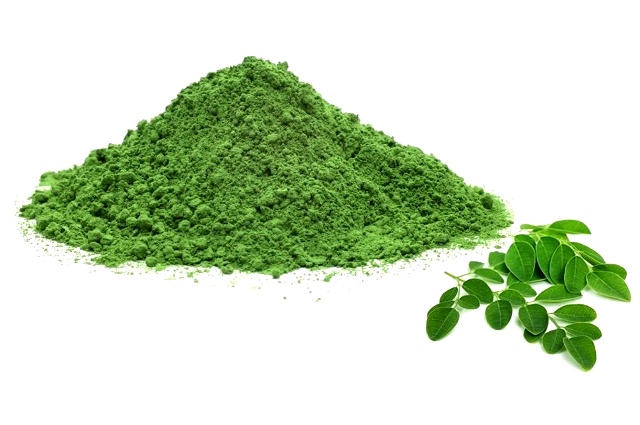
Allergy and Asthma in Ethiopia
Allergic diseases are extremely common in all parts of the world, and in Ethiopia, a study has found that allergy symptoms and disorders such as eczema, rhinitis, wheezing, and skin sensitivity is extremely common in young schoolchildren in rural areas.
Living with allergies can be a challenge as allergy triggers can be found everywhere.
However, you can manage your symptoms by learning more about your hypersensitivity triggers and knowing ways to avoid them.
Moreover, using natural or ancient remedies can also help to make you feel better after an allergy attack. Here's a guide to dealing with allergies and asthma in Ethiopia.
Keep your House Clean
Last year, residents of Addis Ababa came together to participate in a campaign to keep Ethiopia rubbish-free.
While making sure that the streets of Ethiopia are clear of litter, homeowners are also taking active steps to have a pest-free home.
Common house pests such as cockroaches, rodents, and bed bugs can trigger asthma and allergy attacks, and to prevent your allergies from being triggered, it's important to keep your home as clean as it can be.
To tackle a pest infestation, clear the kitchen and other surfaces of food scraps, and keep all food items in airtight jars or sealed containers.
Vacuuming, mopping or sweeping should be done on a daily basis, while beddings, curtains, and other furniture coverings should be regularly changed and properly laundered with soap and warm water.
Natural Ethiopian Allergy Remedies

For hundreds of years, Ethiopians have relied on herbs and other natural remedies to treat their ailments.
To this day, most individuals still use natural remedies as they're inexpensive and readily available.
One commonly used remedy in the country is table honey, and taking a spoonful of pure honey can help to alleviate allergy symptoms and relieve throat irritation caused by asthma, cough, or allergic rhinitis.
Meanwhile, drinking tea made by boiling moringa leaves in clean water can help those with asthma.
You may take these natural remedies exclusively, or use them to supplement your current allergy treatment plan, but make sure to consult an allergy specialist to ensure that it's safe to do so.
Live a Healthy Lifestyle
Boosting your immune system can help to reduce allergy symptoms. Make sure to eat a balanced diet rich in fruits and vegetables, make time for exercise, and get enough sleep.
If you regularly smoke or vape, it's a good idea to quit the habit altogether as nicotine or vaping liquids can trigger allergies and asthma-like symptoms.
Alcohol can also make allergy symptoms worse as histamines found in certain types of alcoholic drinks, such as red wine, can trigger allergies.
It may be best to avoid consuming these types of drinks, and aim to consume alcohol moderately.
Know Where to Get Medication and Treatment
For those with severe allergies, it's important to know where to get treatment and medication should your allergies flare up.
You can find an allergy specialist in big cities such as Addis Ababa and Bahir Dar, and allergy medication such as antihistamines and epinephrine is readily available in some of the top pharmacies in the country.
You should also inform those close to you about your allergies and give them written instructions on what to do if you have an allergy attack.
They can also get help by dialing 907, which is the country's emergency number to call for an ambulance.
Managing your allergies and asthma is the key to feel well and have a better quality of life.
Consider these tips to deal with your allergies in Ethiopia. In case of severe allergy or asthma cases, consult a professional.
